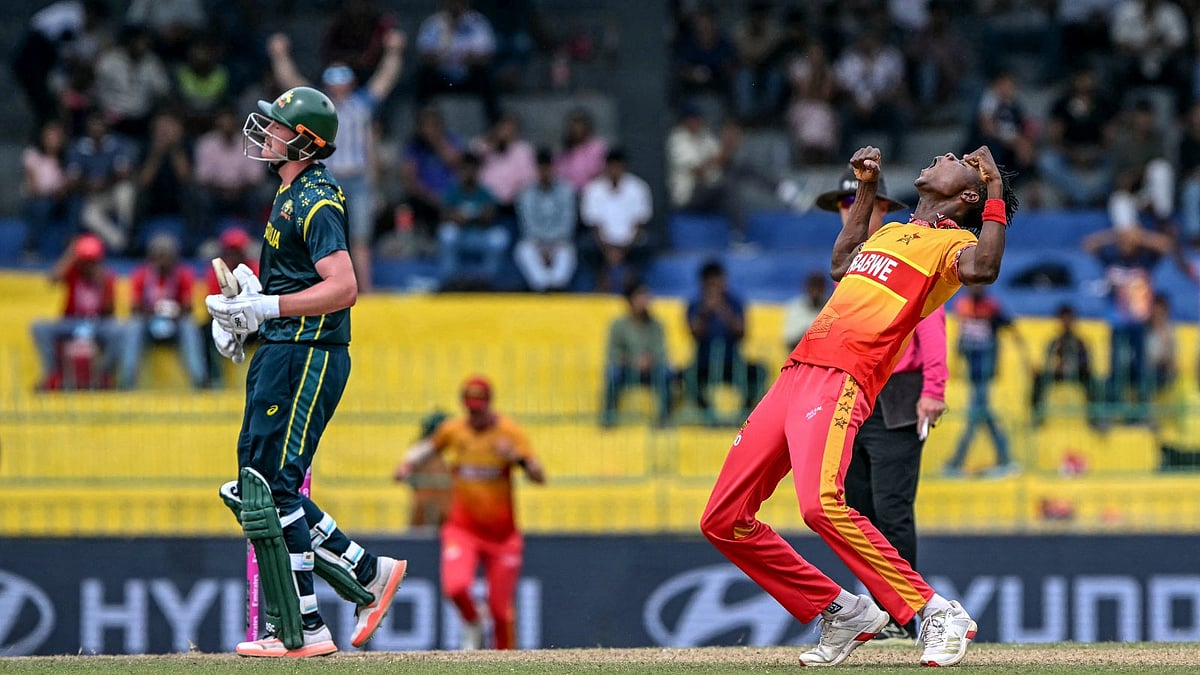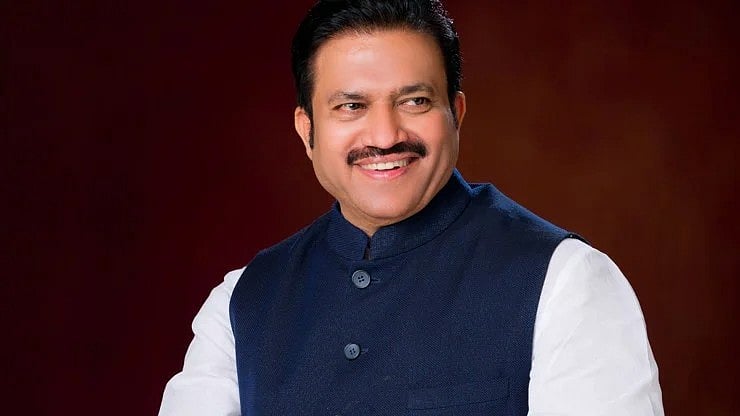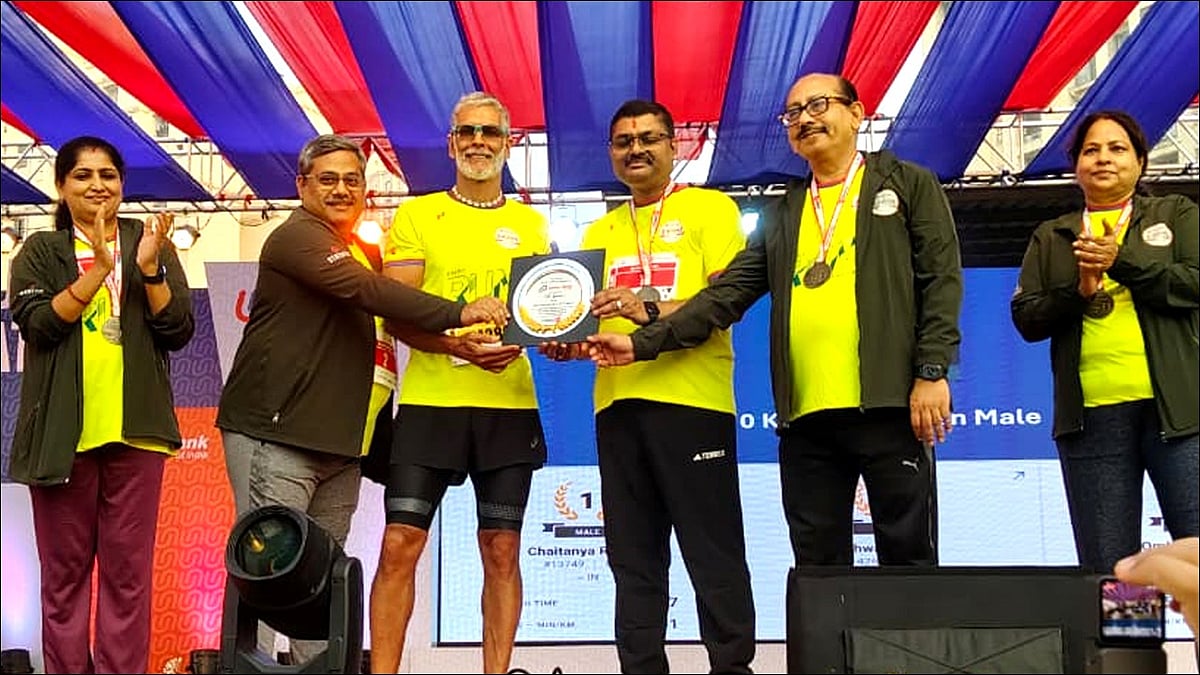Mumbai: To practically educate the children about environmental problems caused by plastics and its degradable form microplastics, the Open Field Collective–a team of eco-warriors from different disciplines–have come up with a technique to modify a foldscope and make it detect microplastic and created simple protocol to detect and measure microplastic in air/dust.
The foldscope was created by Prof Manu Prakash and Jim Cybulsky Cybulski. While the do-it-yourself (DIY) microscope allows you to look for microplastics without worrying about a traditional laboratory setup. Made from a lens and polarising filter, the foldscope is not only easy to use but also handy. If you wish to screen microplastics, what you have to do is simply take a clean glass stick, apply some oil and then place it in an area of observation for 24 hours. Now, when the stick is placed under the foldscope, a vivid pattern of microplastics becomes clearly visible. Cherry on the cake is that the elementary device can even be (manually) connected to one's mobile phone for clicking photos.
Explaining the foldscope's importance, Rafikh Shaikh, Program Manager of Microplastic Project working at CETE, Tata Institute of Social Science (TISS), Mumbai, said, “People tend to think once they dispose of plastic materials into their dustbin and they are taken away by cleaning marshalls, it's all good. Out of sight, is basically out of their concern.”
However, plastic takes decades to break down-but it never goes away from earth. The breaking down of plastic creates microplastics which are found everywhere; your food, air, water, even in our bodies. It's coming to us in a tangible way, he exclaimed.
Talking aboutthe incident which encouraged him to raise anti-plastic awareness, Shaikh recalled, “Once I decided to check why and how so much dust gets accumulated on my fan and realised it's not just the regular dust-but microplastic. For creating awareness of how dangerous plastic can be, we need people to understand it and for that, they need to check for themselves.”
The idea of foldscope is to cultivate scientific interest among children using the problem of microplastics as a context. Shaikh started the project from a Jaipur-based school where his team conducted workshops with students from classes 7-10.
“Our idea is to let the children come up with solutions as science is a set of openended problems. These are not the things where they will have a solution in their books or internet. It's supposed to be found through creative process and data,” he underlined.
Partly funded by the TISS and Earth Watch now, the project was ideated when Shaikh was a fellow at Swachh Saarthi, under the Waste to Wealth Mission of the Government of India.
The team at Open Field Collective is also trying to accumulate data about the number of microplastics found around the surrounding area, mostly air, which will be then used for research purposes.








